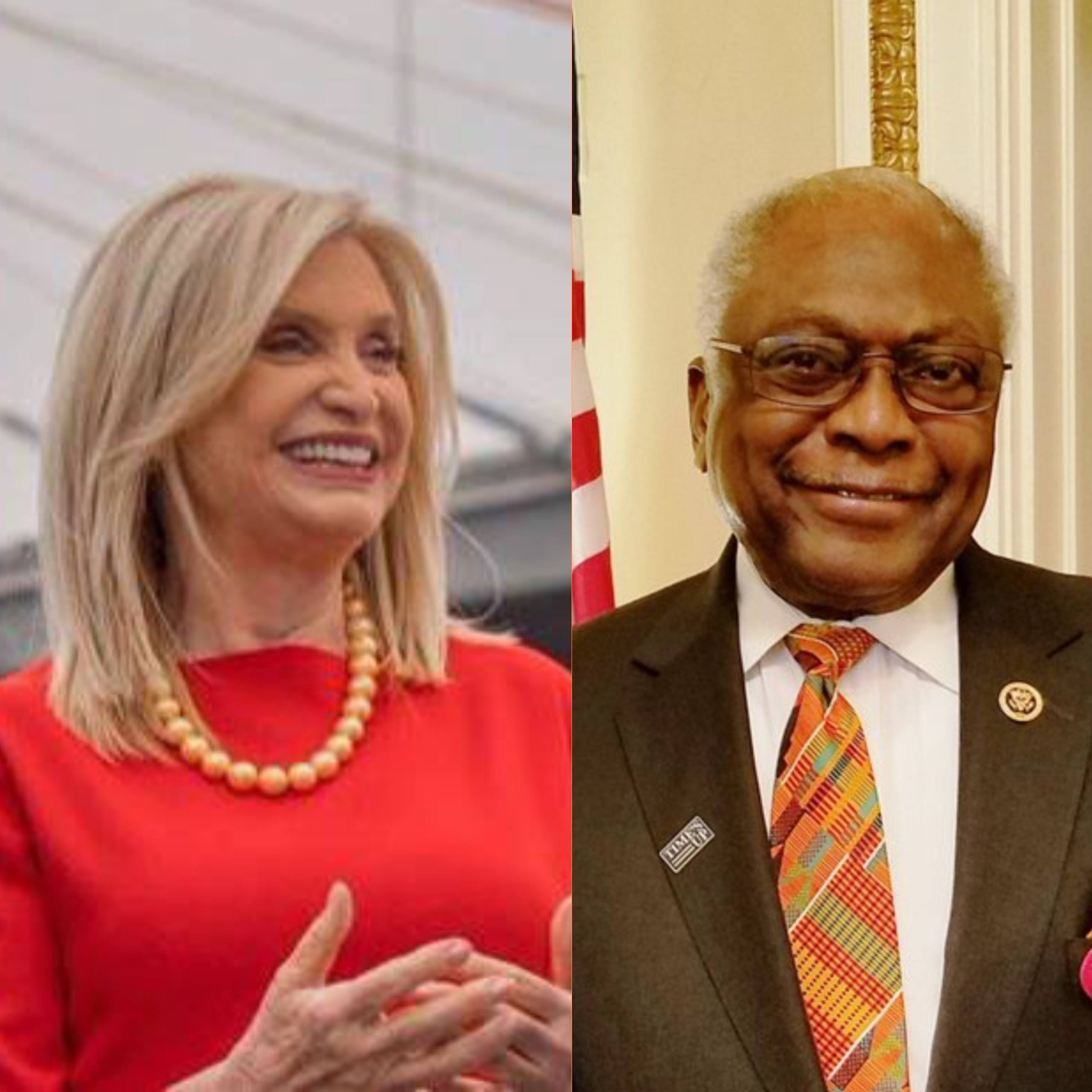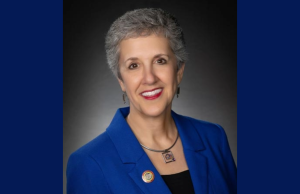Rep. Carolyn B. Maloney (D-NY) and House Majority Whip James E. Clyburn (D-SC) today introduced the Nonprofit Relief Act of 2019 to repeal provisions of the 2017 tax law that have had nonprofit leaders screaming since the law was passed.
The legislation seeks changes to rules for Unrelated Business Income Tax (UBIT), the Paid Leave Tax Credit and Volunteer Mileage Reimbursement.
The legislation would repeal the new tax that requires nonprofits to treat every unrelated business revenue stream as a separate “trade or business” that may not be aggregated with other profits and losses in calculating tax liabilities. The bill also extends the paid leave tax credit to tax-exempt organizations and changes the tax treatment of mileage reimbursements to volunteers, so they are not subject to federal and state income taxes.
The sections include:
- “Silo” Unrelated Business Income Tax (UBIT): The Nonprofit Relief Act seeks to repeal Section 512(a)(6) of the Internal Revenue Code that prevents nonprofits from aggregating profits and losses of unrelated businesses. For-profit businesses can use losses in one business unit to cancel out profits in another, thereby reducing their tax bills. In contrast, nonprofits are forced to break down their expenses and revenues into separate silos for each “trade or business.” As a result, nonprofits must pay 21 cents on every dollar of net income brought in through alternative means, such as gift shops, even if they suffer losses on other ventures.
- Paid Leave Tax Credit: The 2017 tax law failed to extend the paid leave tax credit to tax-exempt organizations. The Nonprofit Relief Act corrects this by allowing these organizations to apply the credit to payroll taxes. Internal Revenue Code Section 45S provides a tax credit for employers who provide paid family and medical leave to their employees. An eligible employer may claim a 12.5 percent income tax credit if it covers 50 percent of an employee’s salary when taking family and medical leave — the income credit increases to 25 percent for covering 100 percent of the salary. The Nonprofit Relief Act enables nonprofit employers and employees to benefit from the 2017 tax policy.
- Volunteer Mileage Reimbursement: Under current law, employees of nonprofit and for-profit entities may be reimbursed for the work-related use of their vehicles at the standard business rate (currently 58 cents per mile) with no tax consequence to the individual. However, volunteers may only deduct their mileage at 14 cents per mile.
In an instance when nonprofits reimburse volunteers for their mileage, current tax law treats every penny above the 14 cents volunteer mileage rate as taxable income. The Nonprofit Relief Act makes any mileage reimbursement to volunteers nontaxable up to 58 cents mile.
While democrats are the majority in the House of Representatives, the bill will face obstacles in the republican-controlled U.S. Senate. Yet, as expected, nonprofit officials are throwing their support behind it.
“The Nonprofit Relief Act would fix new and longstanding tax law policies that hurt the ability of charitable nonprofits to advance their missions in communities throughout America,” said Tim Delaney, president and CEO of the National Council of Nonprofits. “We appreciate the respect that Congresswoman Maloney and Majority Whip Clyburn have for the work nonprofits perform daily in every congressional district. Her bill recognizes that nonprofits simply can’t afford to divert scarce resources away from serving others to pay an unfair tax on tax-exempt organizations that results in higher taxes than what for-profit businesses pay. We also applaud her for recognizing that nonprofits employ 10 percent of the American workforce and deserve to have the same access to the paid leave tax credit that for-profit businesses already enjoy – something else her legislation fixes.”
Ellie Hollander, president and CEO, Meals on Wheels America, said via a statement that “Volunteers are the lifeblood of Meals on Wheels programs nationwide and are truly the ‘wheels’ behind the ‘meals,’ in some cases driving more than 100 miles on a single route.”
“Citymeals supports Representative Maloney’s efforts and stands behind the Nonprofit Relief Bill,” said Beth Shapiro, executive director of Citymeals on Wheels, which delivers two million meals to more than 18,000 homebound elderly across New York City each year. “For the first time in decades, we have seen a decrease in donations from supporters and are faced with taxes on benefits to our staff,” she added. “This comes at a time when the city’s senior population is growing at an unprecedented rate. Older New Yorkers are facing increased levels of poverty and hunger. And every $7 donation that doesn’t come in, or is diverted to taxes, is a meal we cannot deliver to someone in need.”










